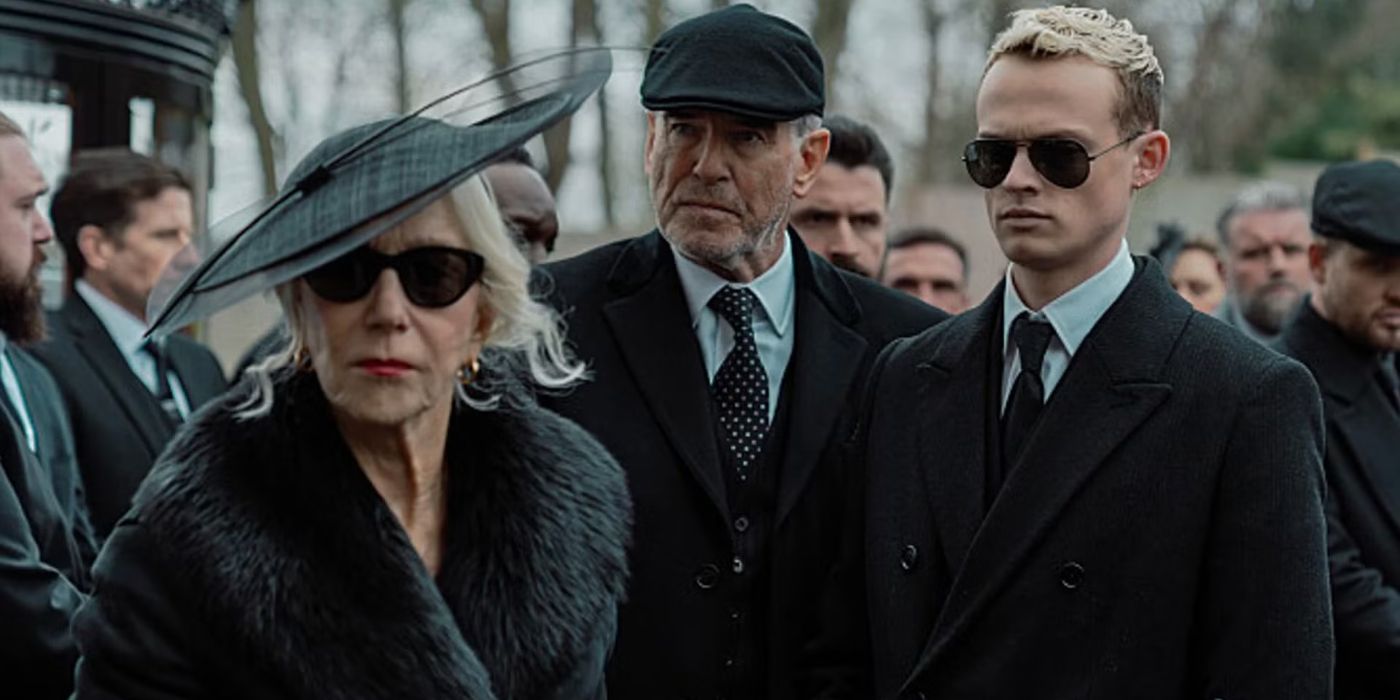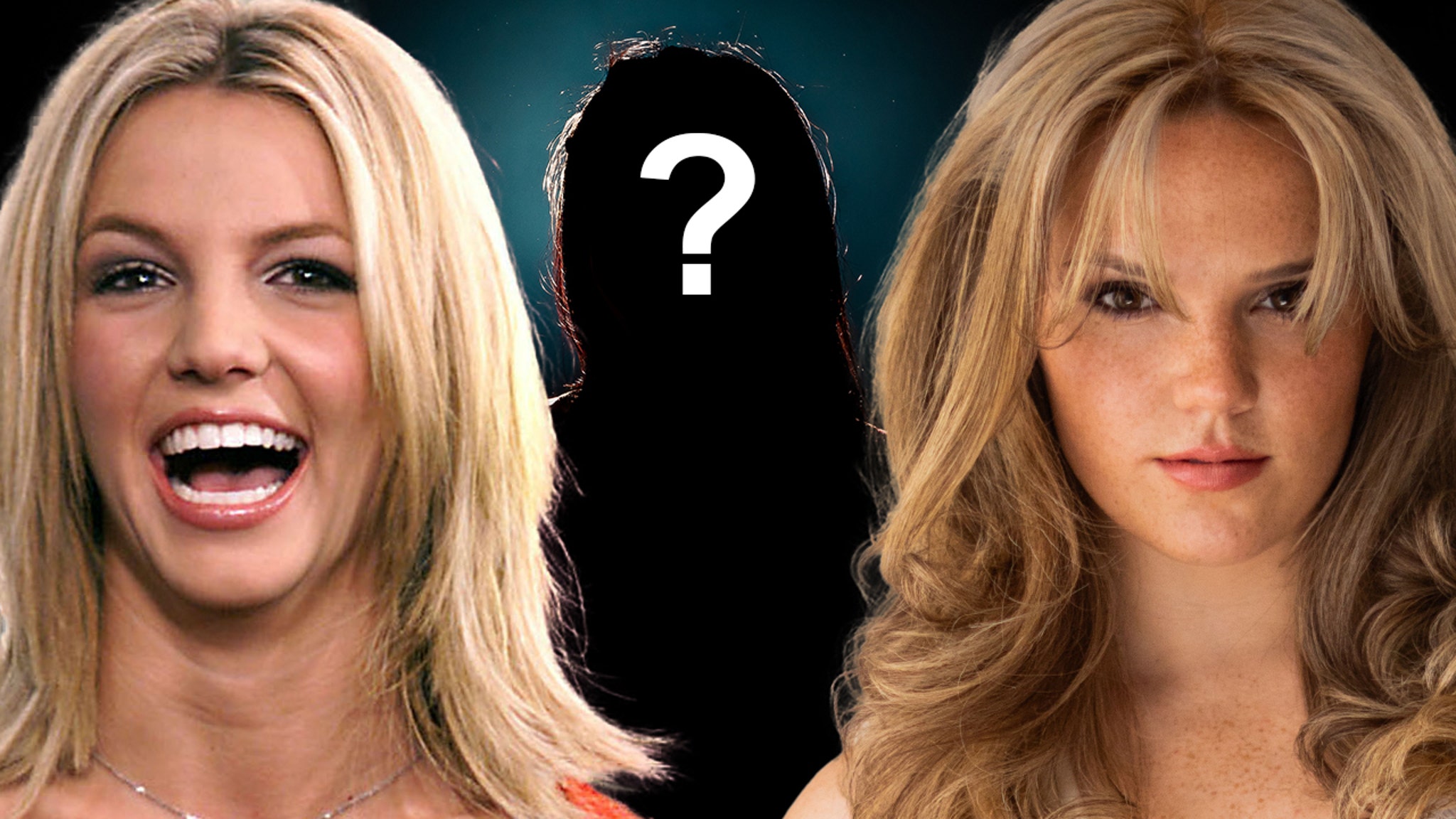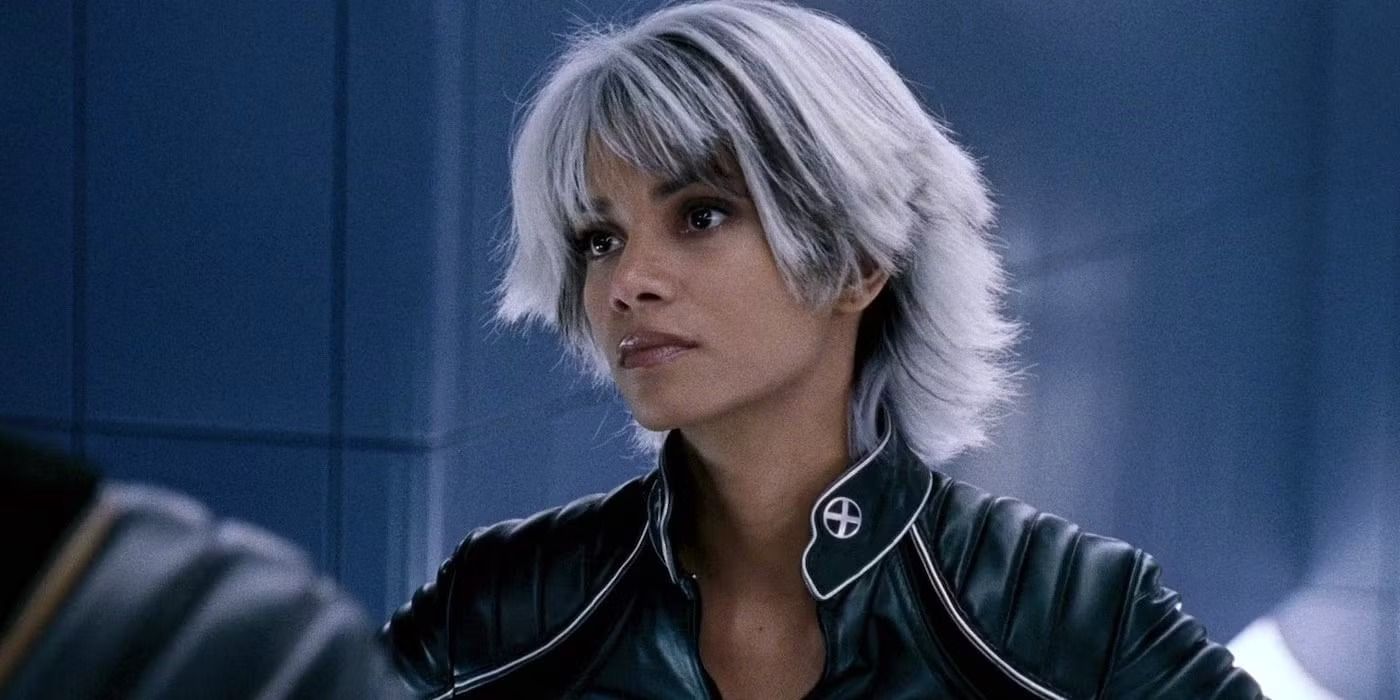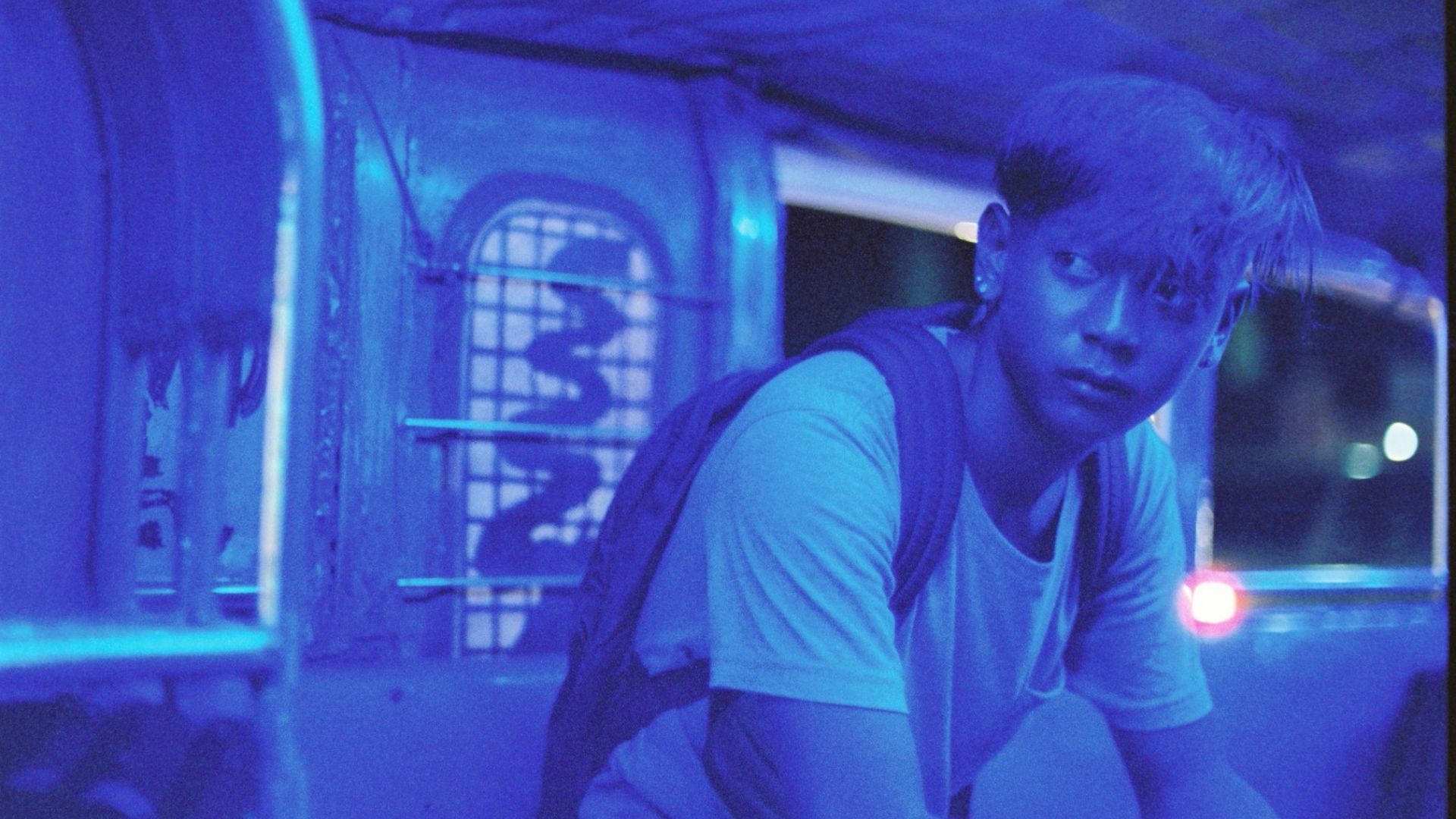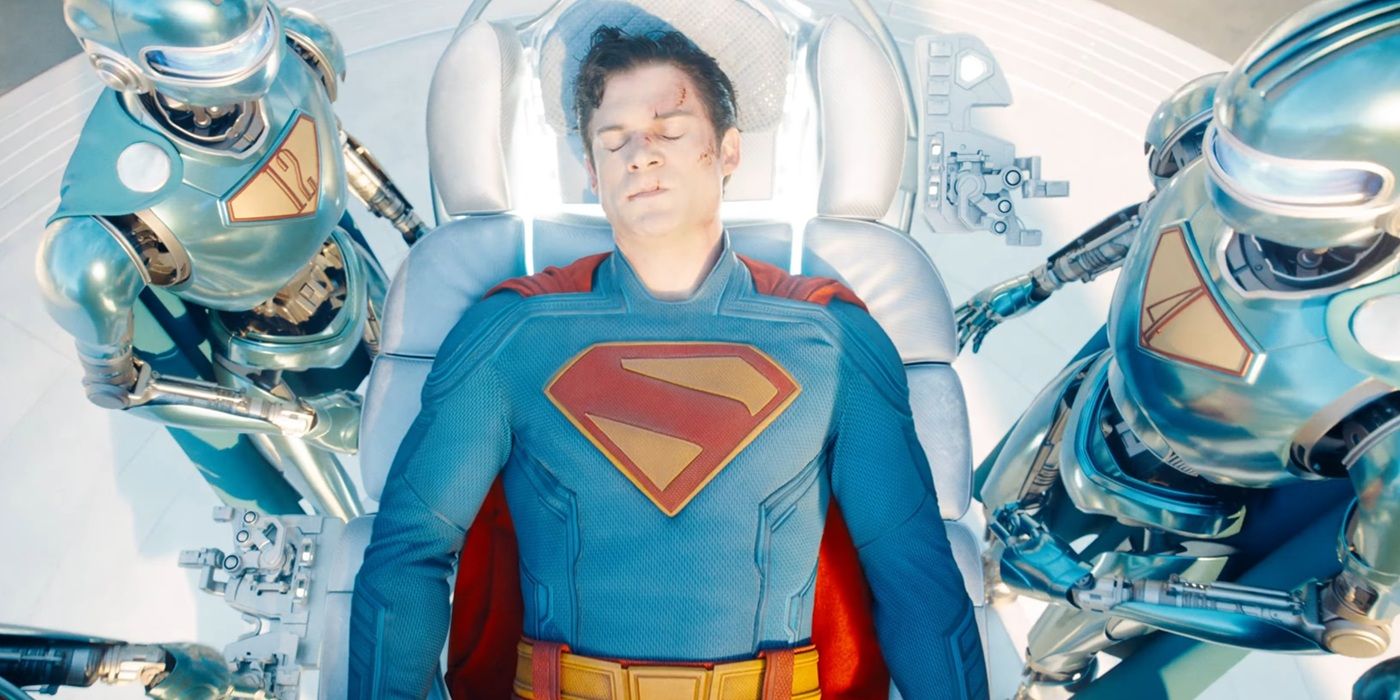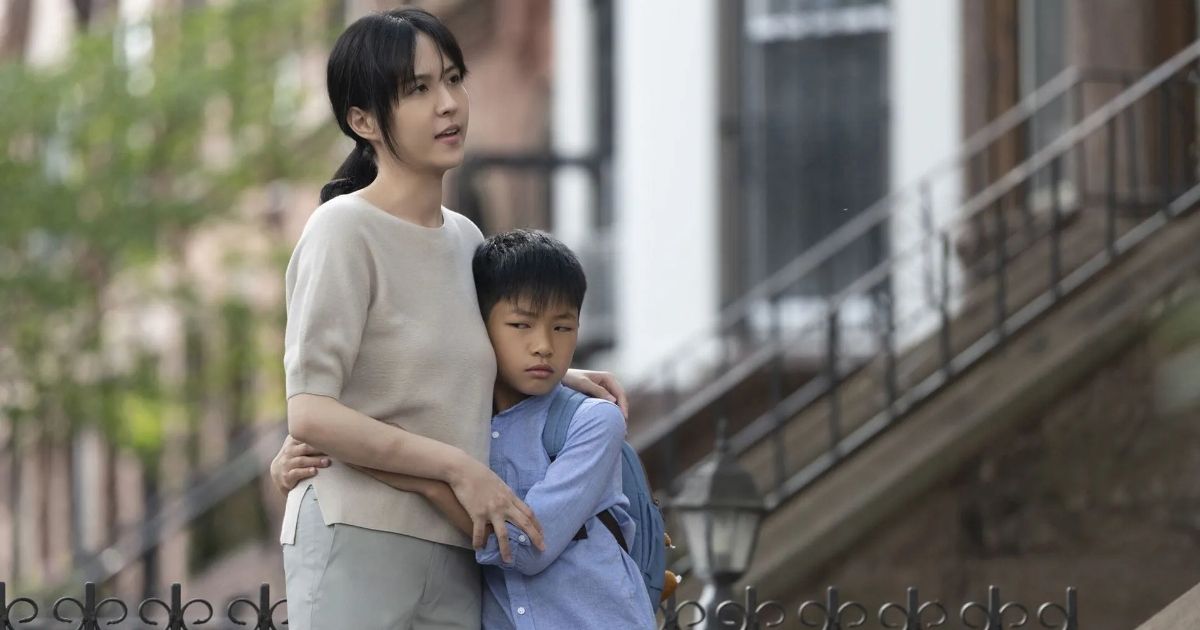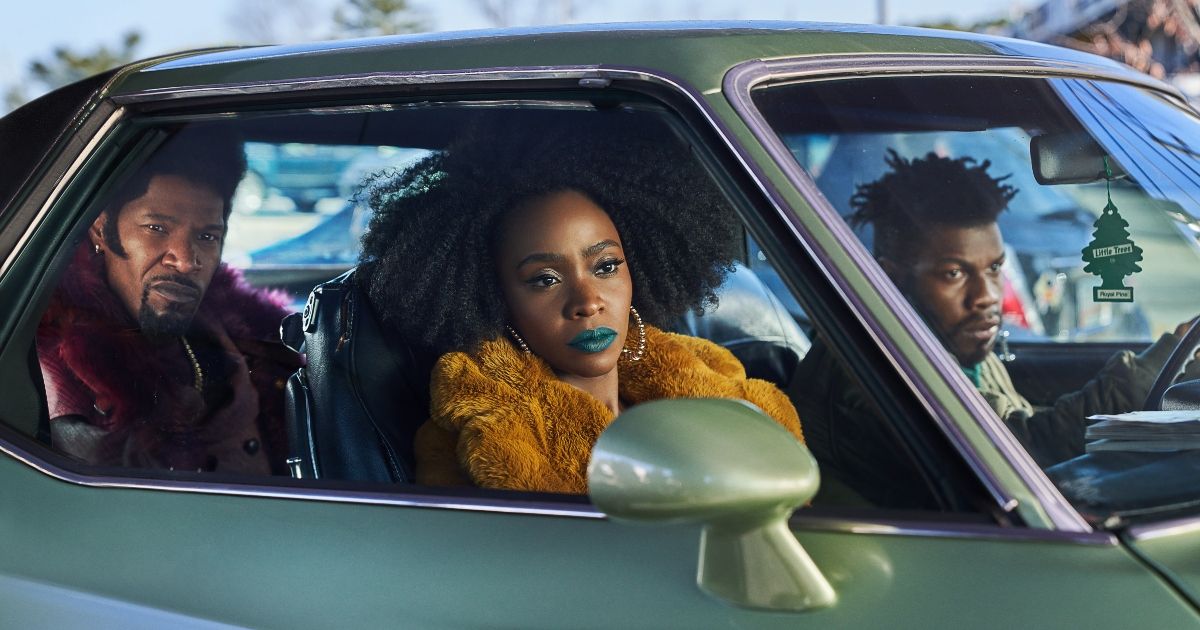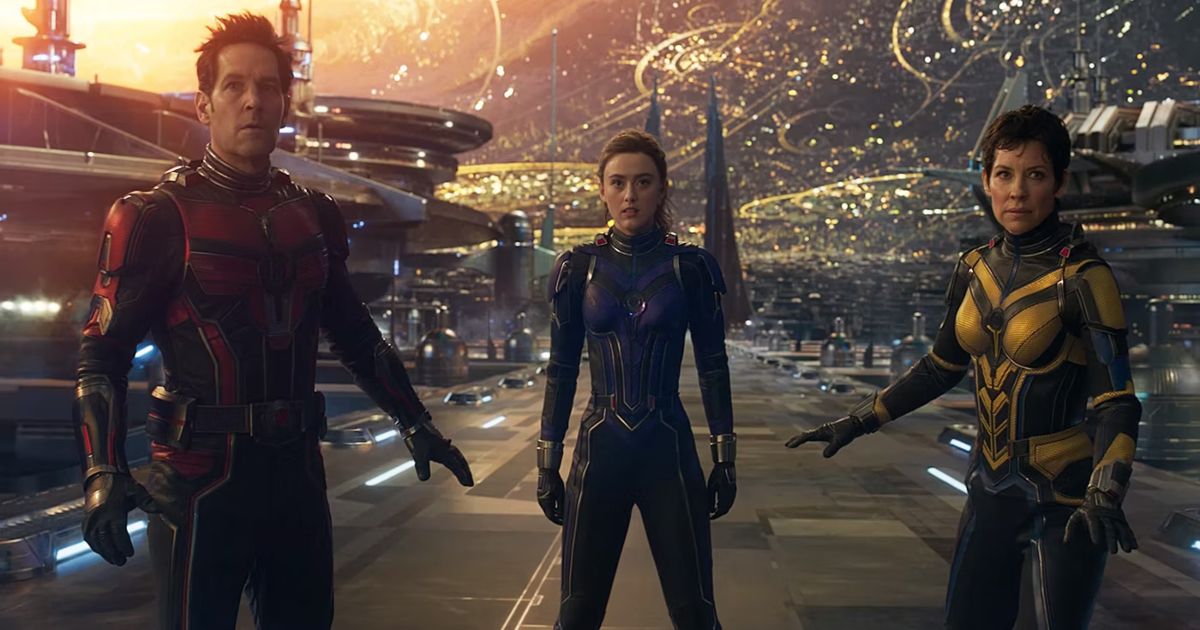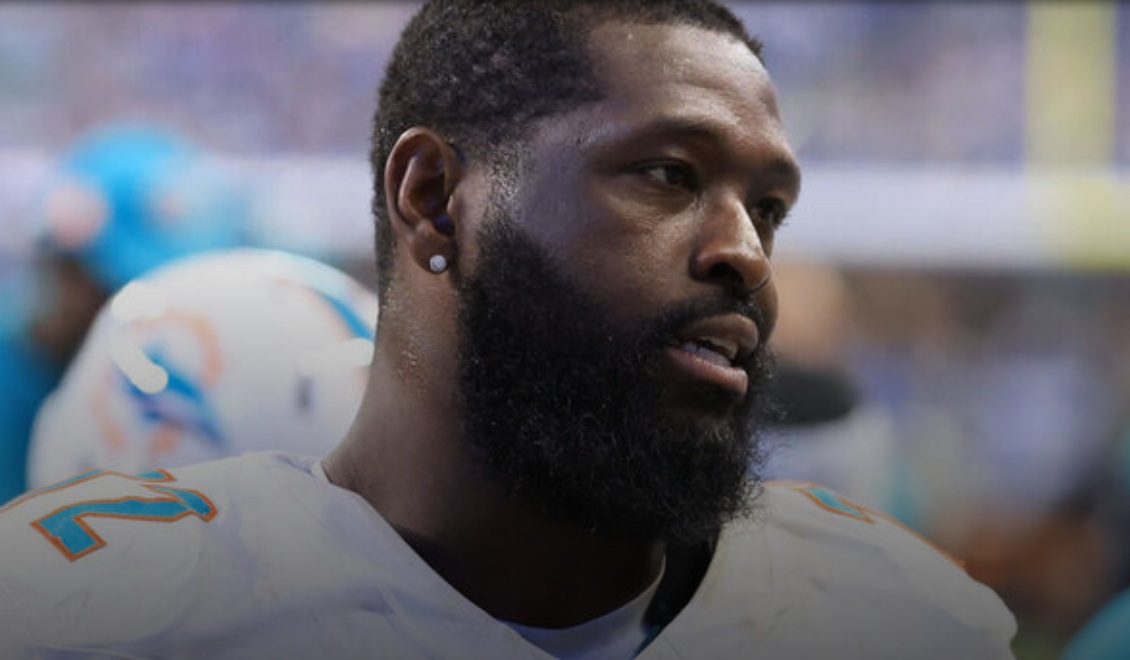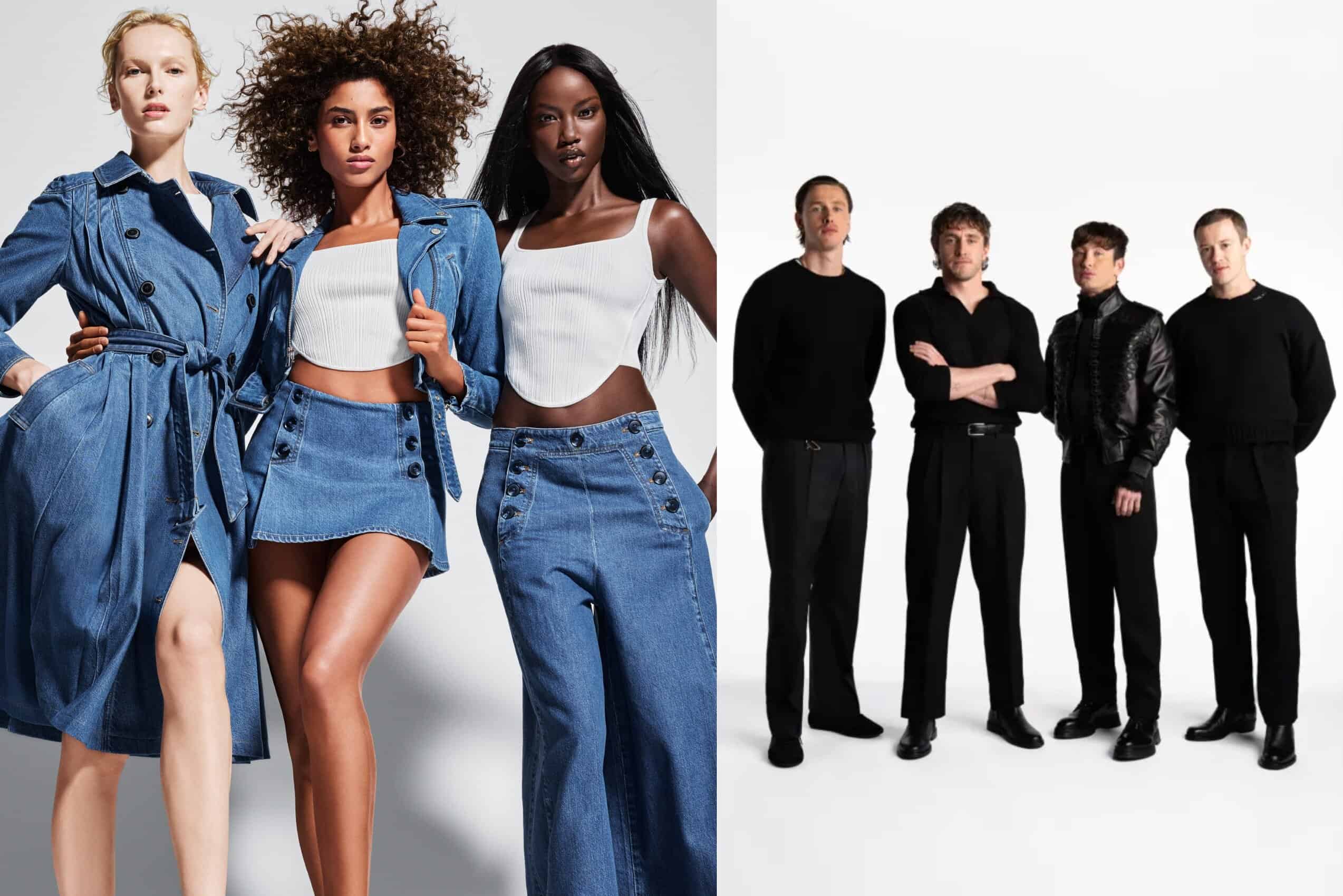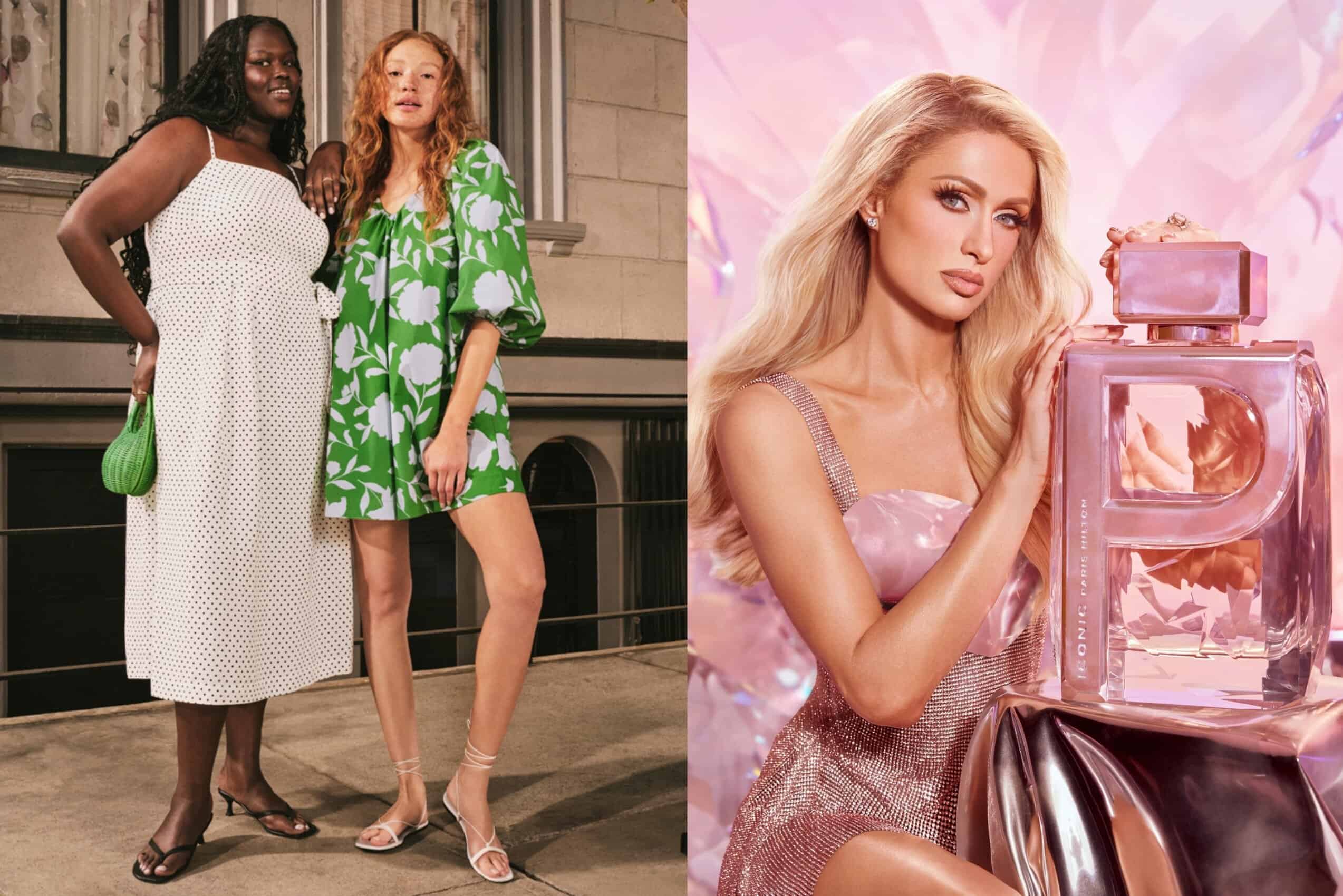Big cities possess this distinct, inescapable power to not only consume but completely absorb their occupants. It is easy for those who aren’t particularly well-acquainted with these energy-sapping cityscapes to become overwhelmed by the sheer scale, magnitude, and frenetic nature of such vast areas of towering concrete. Whether it’s the fast-paced, almost ruthless environment as thousands scurry around the streets like an army of ants to run their next errand, or the stench of in-it-for-yourself capitalism, there is often an innate loneliness in these sprawling towns. This is accompanied by a crushing sense of insignificance for many residents. This theme of isolation in an international city collides head-on with Taiwanese filmmaker Sen-I Yu’s debut feature, My Heavenly City, a uniquely shot picture about immigrant life in New York City.
Set against the imposing backdrop of the Manhattan skyline, Sen-I Yu, who so far has forged a reputation for herself on the short film circuit, takes on her first feature-length creation in the form of this Taiwanese-stroke-English language picture. The genetic and structural make-up of My Heavenly City seems to draw on her experience making shorts as she utilizes this collage-like structure while following the lives of the film’s three protagonists in three separate stories that are inextricably related to similar sets of circumstances in the same city. There is perhaps a semi-autobiographical undertone to this portrayal of three Taiwanese inhabitants of New York, with Sen-I Yu being a Taiwanese immigrant herself living in the Big Apple.
The Three Stories of My Heavenly City
My Heavenly City
Release Date November 10, 2023
Runtime 120 min
Genres International, Drama
Subtitle English
Beginning with the tale of Mavis Fang (Vivian Sung), a friendless international student who is away from home for the first time and is attempting to come to terms with an acrimonious break-up, the film emotively traverses her struggles with loneliness and depression. Seemingly engulfed by the alien nature of her new home and the cultural disparities that come with it, Mavis finds a form of solace in a blossoming friendship with a boy that has fallen victim to a worse state of affairs than her own.
The second narrative thread assumes the mantle as the film’s primary chronicle and concerns that of the love affair between the two characters, Jack (Keung To) and Lulu (Jessica Lee). Bound by their shared love for New York’s decorated hip-hop dance scene, this all-too-conventional anecdote of love incorporates all the traditional tropes of that all-consuming butterfly-feeling, as their intoxicating romance defines their New York experience.
The third and final chapter is arguably the most compelling, as it details a Taiwanese family enjoying what is ostensibly an idyllic life in their contemporary Brooklyn apartment. However, due to their son’s autism, husband and wife Claire (Mandy Wei) and Jason (Chun-Yao Yao) must contend with their seven-year-old boy’s extreme and frequently violent behavior. This sadly leads to him not only beating his mother to a pulp but then being taken into care as a consequence.
An Authentic Depiction of Immigrant Life in New York
Illume Films
The topics of loneliness, hardship, and difficulty adapting to a foreign way of life run true throughout My Heavenly City, albeit to varying degrees, and Sen-I Yu does brilliantly at conveying her protagonists’ stories poignantly. Naturally, due to the director’s own experiences of immigration and her own personal adjustment to a new country, My Heavenly City is imbued with an effortless authenticity. While sometimes veering into territory that is somewhat formulaic, it still provides an interesting insight into the experiences of East Asian immigrants and the daily struggles they can face from familial to cultural.
Related: Best Movies About the Immigrant Experience, Ranked
The film is dotted with a number of very solid performances from the likes of Chun-Yao Yao and Mandy Wei, who deliver their performances with sensitive and touching empathy, as well as Keung To and Jessica Lee, who ooze organic chemistry. Where Sen-I Yu does particularly well is how she presents these stories with nuance and how she encapsulates the very essence of what makes moving halfway across the world so challenging for some.
My Heavenly City Lacks the Cohesive Potency it Requires
Illume Films
Sen-I Yu’s maiden project, in some instances, brings her dexterous filmmaking credentials to the fore. However, for each of the stories’ standalone credibility, there is a stark lack of harmonious and cohesive energy flowing through the film as a whole. For each short story, we’re left not just wanting, but requiring more in the way of narrative nourishment. As is commonly the case with movies that adopt a form of abstract composition, character and story development is essential to its translation on-screen.
Unfortunately, My Heavenly City has the propensity to be a tad on the tepid side and is devoid of the richness that would have perfected its construction. Stories one and three are irrefutably the more captivating, yet it is Jack and Lulu’s predictable love story sandwiched in between that gets the most coverage despite its apathetic returns.
Related: The 10 Best Directorial Debuts of the 2020s, So Far
While there are real remnants of the right ideas that are entertained throughout, My Heavenly City perhaps isn’t as potent or as affecting as Sen-I Yu believed it would be when adapting her original short into this feature-length exploration. Overall, this charming Taiwanese montage offers an original examination of immigrant life in New York, but too often it succumbs to sentimentality and could definitely have benefited from its stories being more harmoniously interwoven and developed with a little more sustenance.
My Heavenly City is currently screening in select theaters, and you can search for showtimes here. You can watch the trailer below:
You can view the original article HERE.


